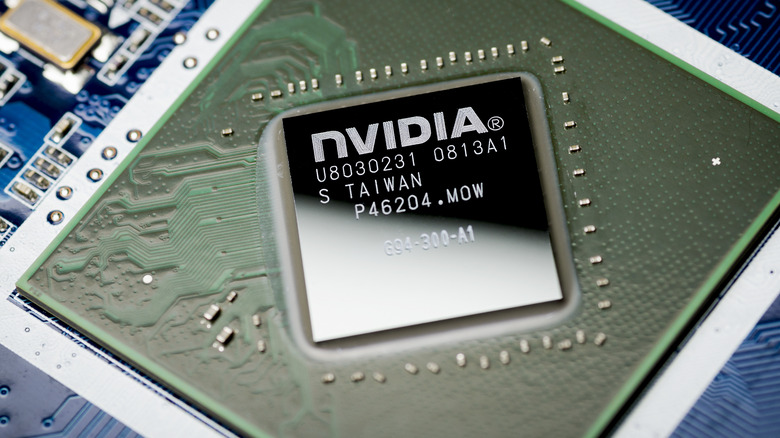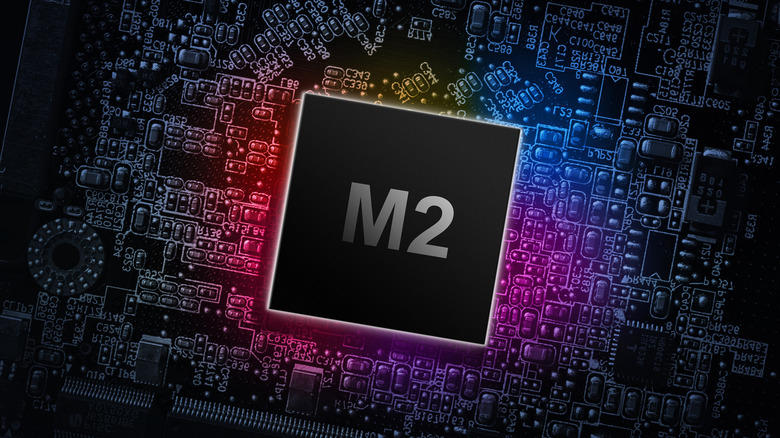NVIDIA And AMD Reportedly Plan To Take On Intel With Their Own Arm PC Chips
Nvidia and AMD are reportedly planning to make PC chips that will rival those made by Intel and seek to compete on the same turf as Apple's M-series silicon for Macs. According to Reuters, Nvidia and AMD's Arm-based processors will target the Windows operating system and might hit the shelves as early as 2025. So far, Qualcomm has been the only major player designing Arm-based processors for what Microsoft classifies as "always-on" PCs that take less power and offer cellular connectivity in a more compact form factor.
This would be a double-whammy for Intel and a jackpot for Nvidia. Right now, Intel is the world's biggest vendor of processors based on the in-house x86 architecture. AMD is also in the game, but its market share is significantly smaller. Intel suffered its first setback when Apple announced its transition away from x86-based Intel processors to Arm-based processors for the Mac and achieved great success in terms of performance gain and market share.
Qualcomm has been offering Arm-based PC processors for the past few years under its Snapdragon series. At the same time, Microsoft has also experimented with custom Arm-based processors under the "SQ" label for its Surface 2-in-1 laptops. But so far, they've lagged behind Apple. A leak from WindowsReport suggests Qualcomm will launch a new Snapdragon X Elite chip for Windows PCs focusing on AI applications running in an on-device ecosystem. However, uptake for these is very small due to the lack of native Arm-based Windows apps handicapping the PC experience.
A cautionary Arm dream
Nvidia's arrival in the Arm-based PC segment could be a major shift. The company, which already sits at the summit of GPU tech, rode the AI wave to a trillion-dollar market valuation with its H-series graphics engines. With every major player from Google to Microsoft scrambling to put more AI smarts into hardware, Nvidia's expertise in the field could be a major draw for all PC vendors.
In fact, Nvidia could just give Windows PCs a strong edge as Apple stays uncharacteristically mum on AI but continues to operate in panic mode and is willing to spend billions to catch up with the competition, reports Bloomberg. Just like AMD, Nvidia could also leverage its years' worth of experience making GPUs to make Arm-based silicon, especially considering the fact that generative AI applications are particularly demanding on the graphics engines.
Qualcomm won't be sitting idle in the Arm chip race. The company poached talent from the same Apple team that developed the M-series processors and tasked them with making Nuvia chips for PCs. Rumors suggest Nuvia is targeting a 12-core design similar to Apple's M-class chips and that the performance gain is impressive.
As promising as all that sounds, the ball ultimately rests in Microsoft's playground. Apple's transition from x86 to Arm was smooth as it offered developers a tool called Rosetta to port their app's code from Intel to Arm architecture. Microsoft's attempts at doing so have been historically lackadaisical.

